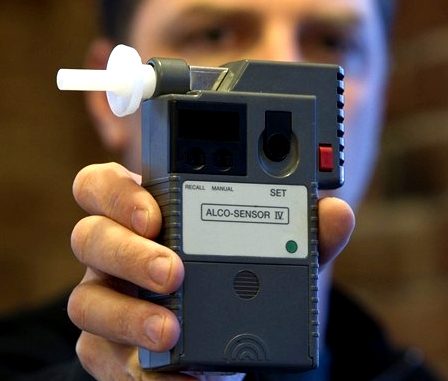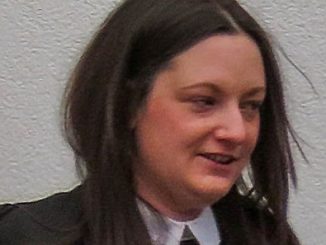
COLIN PERKEL, THE CANADIAN PRESS
TORONTO — A police officer’s demand for a breath sample from a motorist who smelled of alcohol but otherwise showed no signs of being drunk was reasonable and constitutional, Ontario’s top court ruled Friday.
The decision, contrary to findings from two lower courts that acquitted him, means Andrew Schouten will now have to face a new trial on a charge of drunk driving.
“It is not necessary that a person show signs of impairment to found a basis for making a roadside breath demand,” the Court of Appeal said. “All that is required is that the police officer making the demand has reasonable grounds to suspect that a person has alcohol in their body.”
The case arose when the officer smelled alcohol on Schouten’s breath during a routine traffic stop near Brockville, Ont., on an evening in June 2013. The driver admitted to having been drinking — but said his last drink had been 10 hours earlier although he couldn’t provide details as to how much or what he had drunk.
The officer then asked for the breath sample. Schouten failed and was arrested. Further tests at the police station showed him to be well over the legal limit.
At trial before Ontario court Judge Richard Knott in 2014, Schouten argued the breath-sample evidence should be thrown out because the officer had demanded the breath test without good reason and therefore had violated his charter rights.
Knott agreed the officer lacked reasonable grounds to suspect Schouten had alcohol in his body.
“The accused showed no signs of impairment, he was polite and co-operative throughout, and followed all of the officer’s directions without difficulty,” Knott wrote. “Most importantly, he gave evidence that his alcohol consumption had occurred over 10 hours previously.”
As a result, Knott found the breath demand violated the Schouten’s rights, excluded the evidence, and acquitted the accused.
The prosecution appealed to Superior Court, which earlier this year sided with Knott’s reasoning and upheld the acquittal, prompting the Crown to turn to the province’s highest court.
The Court of Appeal agreed to hear the case because the lower court justice was “clearly wrong” in upholding the finding of constitutional breach. The court further found that Schouten’s lack of visible signs of impairment did not make it wrong for the officer to ask for a breath sample given that the driver smelled of alcohol.
“The fact that his last drink was 10 hours earlier — even when combined with the absence of indicia of impairment — did not negate the possibility that he still had alcohol in his body,” the Appeal Court ruled.
As a result, the court said, the officer’s suspicion that the man was impaired was reasonable — and so was the demand for the breath sample — meaning the evidence should not have been excluded.
The court set aside the acquittal and ordered Schouten to stand trial again.





Be the first to comment